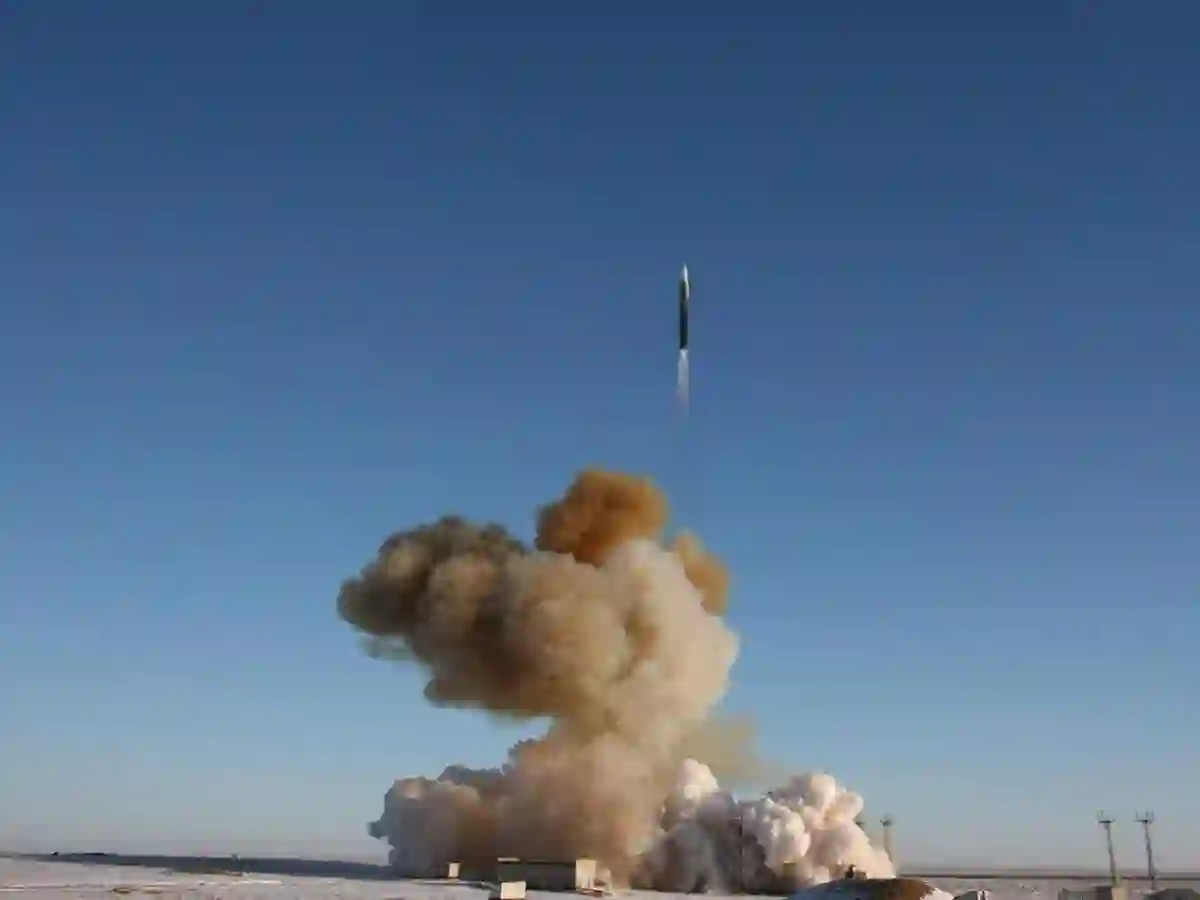In the ever-intensifying chess game of global military power, Russia appears to be making its next bold move. Military analysts from both China and the West believe the country’s Burevestnik nuclear-powered cruise missile could be a true game-changer—one capable of tilting the global balance of nuclear strategy in Moscow’s favor.
China Praises Russia’s “Unique Weapon”
The Chinese state-run Global Times recently quoted military expert Sun Zhongping, who called the Burevestnik a “unique weapon” with capabilities unlike anything the world has seen before.
Unlike traditional cruise missiles powered by chemical fuels, this missile runs on nuclear propulsion—giving it what Sun describes as a “practically infinite” range.
According to Sun, nuclear warheads are usually delivered through ballistic missiles or chemically powered cruise missiles, but Russia has now broken new ground as the first nation to create a nuclear-powered version.
If the system works as intended, it could have a profound effect on the global nuclear balance.
Satellite Clues Point to a Test
Western security sources, along with U.S. researchers Jeffrey Lewis and Decker Eveleth, have spotted compelling signs that Russia is preparing for another Burevestnik test.
Satellite imagery from the Pan’kovo testing site in the Novaya Zemlya archipelago, deep in the Barents Sea, shows unusual levels of activity—extra personnel, specialized equipment, and even the same types of aircraft and ships that were present during past trials.
The Barents Observer in Norway added another clue: Russia has temporarily closed the airspace within a 500-kilometer radius off Novaya Zemlya’s western coast from August 7 to 12.
Many see this as a precautionary step ahead of a possible missile launch.
The Missile That Air Defenses Can’t Touch
First tested in 2017, the Burevestnik has a terrifying reputation among Western defense planners.
CNN has previously reported that the missile is essentially “uninterceptable” with current or foreseeable technology.
Flying at low altitudes, using stealth tactics, and powered by a nuclear engine, it’s designed to slip past even the most advanced air defense systems.
“This weapon, if successfully developed, could shift the global nuclear power dynamic,” Sun Zhongping reiterated.
Strategic Timing Amid Rising Tensions
Western analysts suggest the possible test isn’t just about technology—it’s about sending a message.
The renewed activity comes at a time of heightened tensions in Eastern Europe and as the West ramps up sanctions on Russia.
For NATO and the United States, the timing may feel like deliberate psychological pressure.
For now, Moscow is staying officially silent. The Russian Ministry of Defense hasn’t confirmed any imminent test, but the signs—both on the ground and in the air—are hard to ignore.

